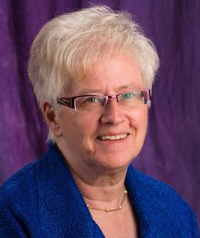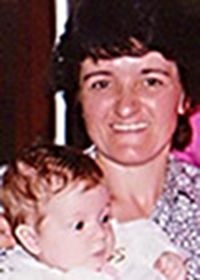Home, Welcome, and How to Donate | Board, Mission, By-laws, and Facts |
Bagishu People, Photo Slideshows | Membership, Volunteer Corner, Contact Us |
Events, Newsletter | Annual Reports | Counting our Blessings
Mission, By-Laws, and Facts
Our Mission
The mission of Global African Village is to supplement the efforts of the Bagishu people of eastern Uganda by improving the infrastructure (especially wells and latrines), providing health care and health education, improving and expanding our childcare facilities to assist vulnerable children, and helping with small-business development.
Objectives
To improve life for Uganda's Bagishu people by:
- providing simple health education and information about preventing diseases such as diarrhea, sexually transmitted diseases, and malaria
- improving existing wells and latrines and building additional wells and latrines
- improving Joseph Community School and its two "satellite" schools
- seeking grants to help people develop their small busienss and become more self-sustaining
![]() Download Organizing Document as MS Word Document
Download Organizing Document as MS Word Document
![]() Download Organizing Document as PDF Document
Download Organizing Document as PDF Document
“…we all live in an interdependent world in which our survival depends upon an understanding that our common humanity is more important than our interesting and inevitable differences and that everyone matters. In Africa, where the first humans stood up on the savannah 150,000 years ago, some tribes have a remarkable way of greeting one another. When one person says hello, the response is ‘I see you.’ Think how much better the world would be if we actually saw each other.”
Former President Bill Clinton, Giving: How Each of Us Can Change the World (2007)
Our By-Laws
Annual Meetings: Board of Directors/Membership meetings will be held at least once a year, in June or July, or at any other time as decided by the membership.
Disciplinary Action: A member in good standing may forfeit his/her status by violating the Bylaws of the organization.
Amendment to the Bylaws: This may be the responsibility of the Board of Directors and membership, 2/3 of whom must approve of any changes in the by-laws.
Dissolution: Any assets and property of the organization may be disposed of in a manner that may be decided by the Board of Directors.
![]() Download Organizing Document as MS Word Document
Download Organizing Document as MS Word Document
![]() Download Organizing Document as PDF Document
Download Organizing Document as PDF Document
Fact Sheet
 Life expectancy in Uganda: Men: 50. Women: 52.
Life expectancy in Uganda: Men: 50. Women: 52.
Literacy rate in Uganda: Men: 79.5% of the population. Women: 60.4%.
Infant Mortality Rate in Uganda: 67.22 deaths per 1,000 live births
Location: The Bagishu inhabit Masaba, one of the summits of Mt. Elgon, a lush and fertile land for growing a variety of crops. Mt. Elgon is in eastern Uganda, near the border of Kenya.
People: The Bagishu tribe, sometimes called the mountain people or Bamasaba, live about 4,000 meters above sea level in the village of Footo (pronounced "photo"). About 45% of the Bagishu are between the ages of 16-45.
Population: About 30,000
Income: About $40 per year. Uganda is one of the world's poorest countries.
Occupation: Subsistence farming
Crops: Arabica coffee is a cash crop. Green bananas, beans, corn (maize), cabbage, and onions are also grown.
Education: High illiteracy and innumeracy. Only about 20% graduate from high school.
Poverty: Disposable income is very limited. As a result, school attendance has, until recently, been very costly. There has been universal primary education for the past two years.
Life Expectancy: 41 years.
Children: Most children suffer physically, socially, and economically. Many children die prematurely from malaria, diarrhea, and starvation.
Elderly: Many of the elderly are vulnerable and die of the same problems.
Medical care: Medical facilities are scarce. Many people have no access to transportation, and the roads are poorly maintained and impassable at times.
Potential: The Gishu people are a resilient people. If given a hand, they have great potential. They are a spiritual people and culturally receptive.
Traditions: Male circumcision is a traditional practice.

 Director
Director  Corresponding Secretary & Public Relations
Corresponding Secretary & Public Relations
 Treasurer
Treasurer